The music industry has long sought the perfect formula for predicting hit songs, but new research suggests even cutting-edge artificial intelligence struggles with this elusive task. A recent study analyzing deep learning models' ability to forecast Billboard chart success revealed a sobering statistic: the most advanced algorithms currently achieve just a 12% accuracy rate in predicting which songs will become genuine hits.
Why Hit Prediction Remains Music's "Unsolved Mystery"
For decades, record labels have employed everything from focus groups to pseudoscientific "hit prediction algorithms" in their quest to minimize financial risk. The latest wave of artificial intelligence promised to finally crack the code, analyzing millions of data points from streaming patterns to musical characteristics. Yet the new findings confirm what many industry veterans have long suspected - there's no reliable technological crystal ball for musical success.
"We trained models on everything from Spotify skip rates to harmonic complexity to social media buzz preceding release," explains Dr. Elena Torres, lead researcher at the University of Southern California's Music Tech Lab. "The models could identify songs that checked all the theoretical boxes for hit potential, but the majority still failed to connect with audiences at scale."
The study analyzed 5,000 songs released between 2018-2022, comparing algorithmic predictions with actual Billboard Hot 100 performance. While the AI correctly identified some smash hits in advance (like Dua Lipa's "Levitating" and The Weeknd's "Blinding Lights"), it also falsely predicted success for hundreds of tracks that ultimately flopped. More tellingly, the system completely missed several organic hits that defied conventional wisdom.
The Human Element Defies Algorithmic Capture
Industry professionals note that the research highlights a fundamental truth about musical taste. "Hits become hits because of intangible cultural moments, emotional resonance, sometimes even sheer randomness," says veteran A&R executive Mark Richardson. "A song might have mathematically 'perfect' structure but lack that magical quality that makes hair stand up on listeners' arms."
This phenomenon manifested clearly in the study's results. Several tracks the AI dismissed as having "low hit probability" - like Glass Animals' "Heat Waves" - went on to become record-breaking chart successes through slow-burning, organic popularity. Conversely, many algorithmically "optimized" songs by major label acts failed to make commercial impact despite theoretically perfect credentials.
"The models are great at analyzing what worked in the past," notes data scientist Derek Cho, who worked on the study. "But music exists in culture, not a vacuum. Viral dances on TikTok, samples in popular memes, even world events changing the collective mood - these unpredictable human factors constantly rewrite the rules."
Why 12% Matters More Than It Seems
While a 12% success rate appears low, researchers emphasize this actually represents significant progress. Previous generations of hit-prediction technology rarely exceeded 5-7% accuracy. The current deep learning models demonstrate particular strength in identifying potential sleeper hits that traditional industry metrics might overlook.
Major labels have taken notice. "We're seeing the AI flag interesting long-shot candidates that human executives might dismiss too quickly," shares Universal Music Group's SVP of Analytics, Rachel Park. "It's becoming one valuable tool among many, rather than a replacement for human judgment."
The technology has proven especially useful in international markets, where algorithms can detect promising regional hits before they cross over globally. Several K-pop and Latin music breakthroughs in recent years were initially identified by these systems weeks before conventional metrics registered their potential.
The Limitations of Data-Driven Creativity
Perhaps the study's most significant finding concerns creative stagnation. Songs specifically engineered to match algorithmic hit criteria showed markedly lower long-term staying power than organic hits. "There's a dangerous temptation to chase what the numbers say worked yesterday," warns musicologist Dr. Priya Chatterjee. "The greatest hits in music history often succeeded by breaking patterns, not following them."
This tension between data and innovation manifests throughout the industry. Streaming platforms' recommendation algorithms increasingly favor familiar-sounding tracks, creating a self-reinforcing cycle that makes genuine innovation harder to surface. Several artists interviewed for the study described feeling pressured to conform to algorithmic preferences during the creative process.
"I've seen writers put in 'algorithm-friendly' key changes at exactly the 53-second mark because some study said that works," shares Grammy-winning songwriter Jason Greene. "But the magic happens when you forget all that and just create from authenticity."
The Future of Human-AI Collaboration
Rather than viewing AI as an oracle, the music industry appears to be moving toward more nuanced applications. Labels now use prediction models primarily for identifying promising independent artists and forecasting regional trends rather than dictating creative decisions. Some publishers employ the technology to match unreleased songs with artists who might suit them, based on vocal range and stylistic compatibility.
Emerging startups are exploring hybrid approaches. One company, SoundSage, combines algorithmic analysis with human "tastemakers" - industry veterans who review AI-flagged tracks for that indefinable special quality. Early results suggest this combination outperforms either approach alone.
As deep learning technology continues evolving, researchers caution against expecting sudden leaps in predictive accuracy. Musical taste remains deeply intertwined with cultural context and human psychology - realms where machines still struggle. That 12% success rate may represent not a failure, but a realistic ceiling for what technology alone can achieve in the mercurial world of pop music.
"In the end," reflects Dr. Torres, "the study confirms that music is art, not science. The unpredictability that frustrates analysts is the same quality that makes songs soundtrack our lives in such personal ways. Perhaps that magic shouldn't - and can't - be fully quantified."
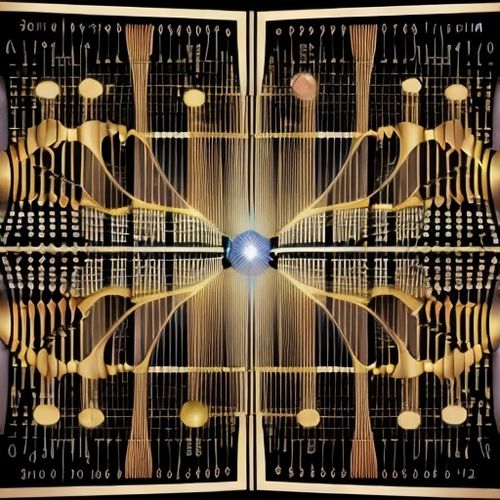
By William Miller/Apr 14, 2025
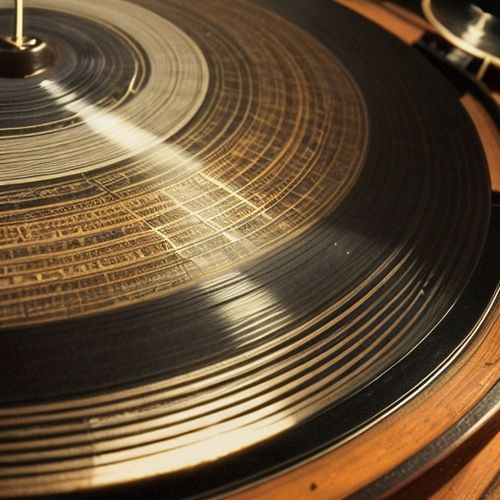
By George Bailey/Apr 14, 2025
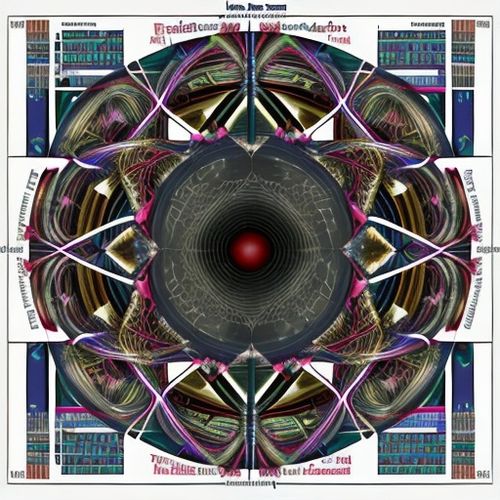
By Noah Bell/Apr 14, 2025

By Victoria Gonzalez/Apr 14, 2025
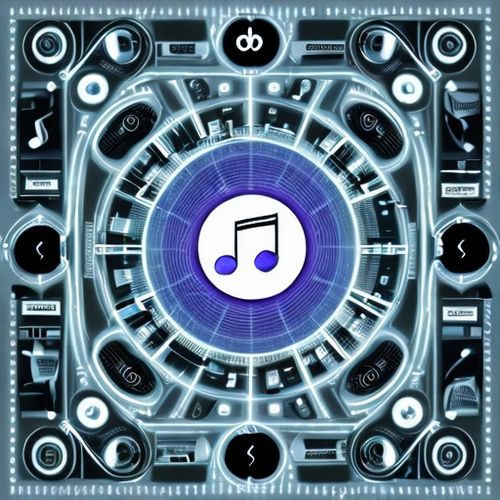
By Michael Brown/Apr 14, 2025
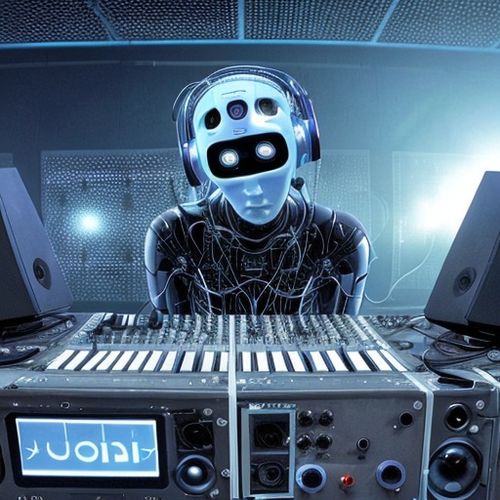
By Sophia Lewis/Apr 14, 2025
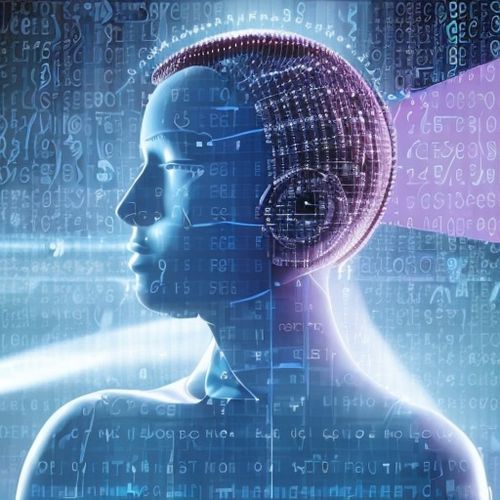
By Sarah Davis/Apr 14, 2025
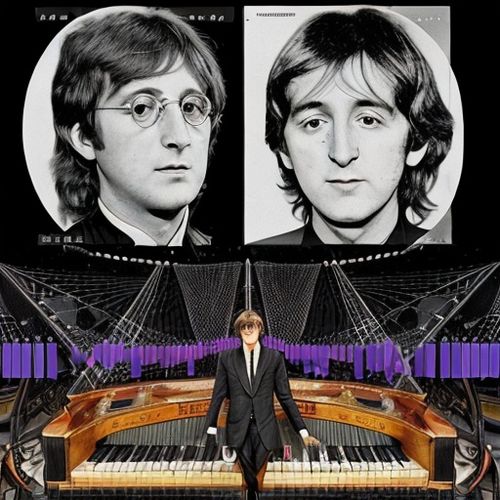
By Thomas Roberts/Apr 14, 2025

By Sophia Lewis/Apr 14, 2025
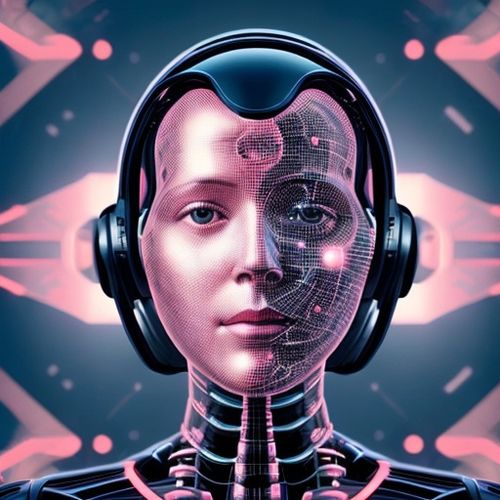
By William Miller/Apr 14, 2025
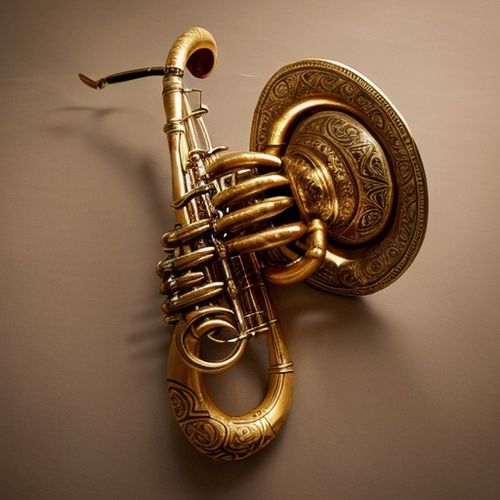
By Benjamin Evans/Apr 14, 2025

By Victoria Gonzalez/Apr 14, 2025

By Joshua Howard/Apr 14, 2025
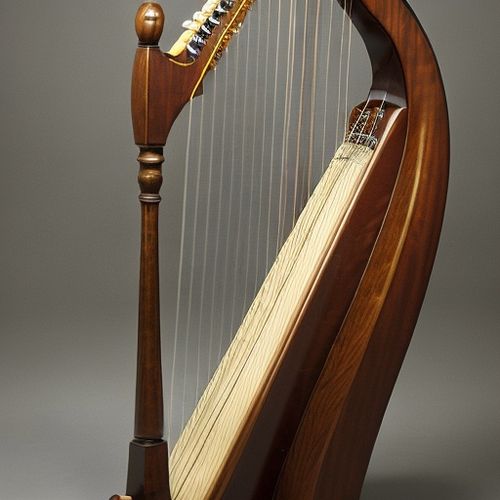
By Lily Simpson/Apr 14, 2025

By Natalie Campbell/Apr 14, 2025
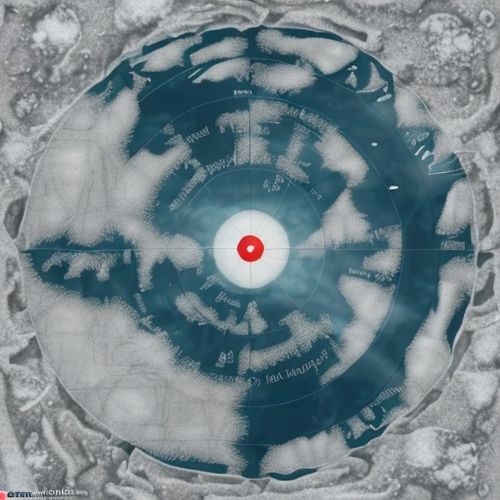
By Daniel Scott/Apr 14, 2025
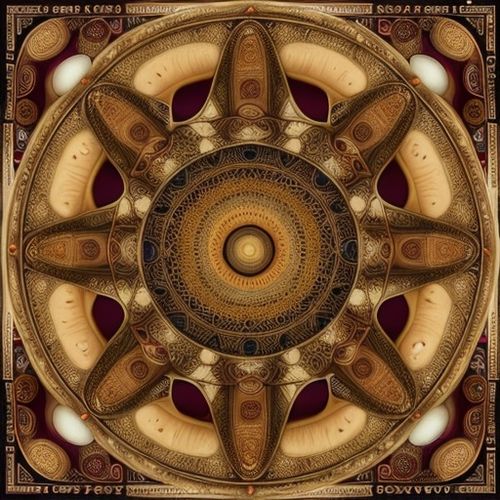
By Joshua Howard/Apr 14, 2025

By George Bailey/Apr 14, 2025

By Noah Bell/Apr 14, 2025

By Rebecca Stewart/Apr 14, 2025